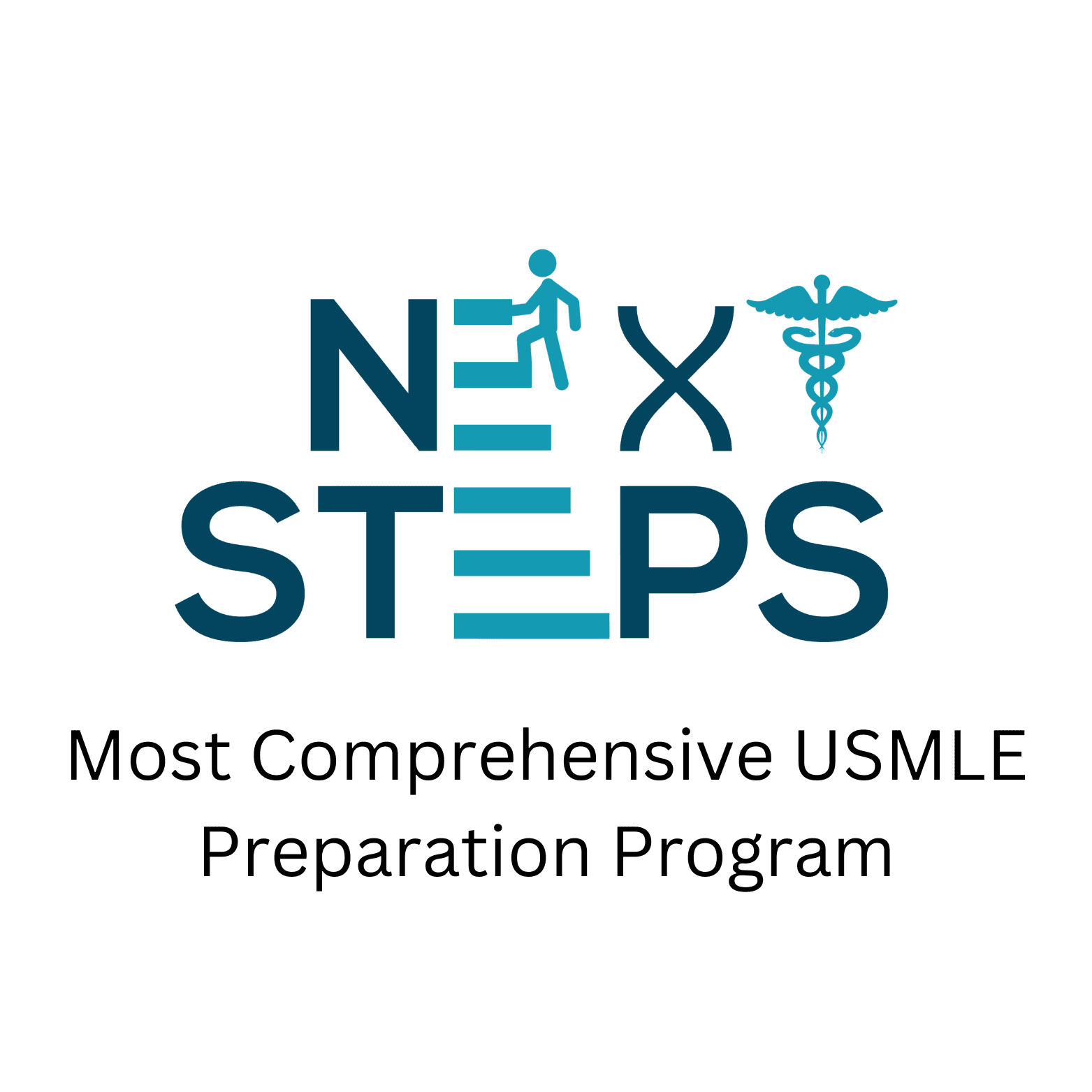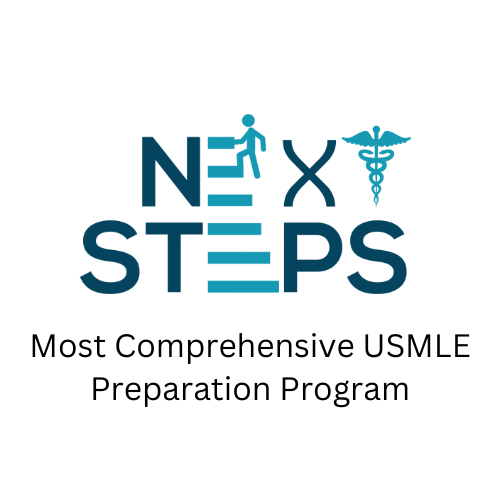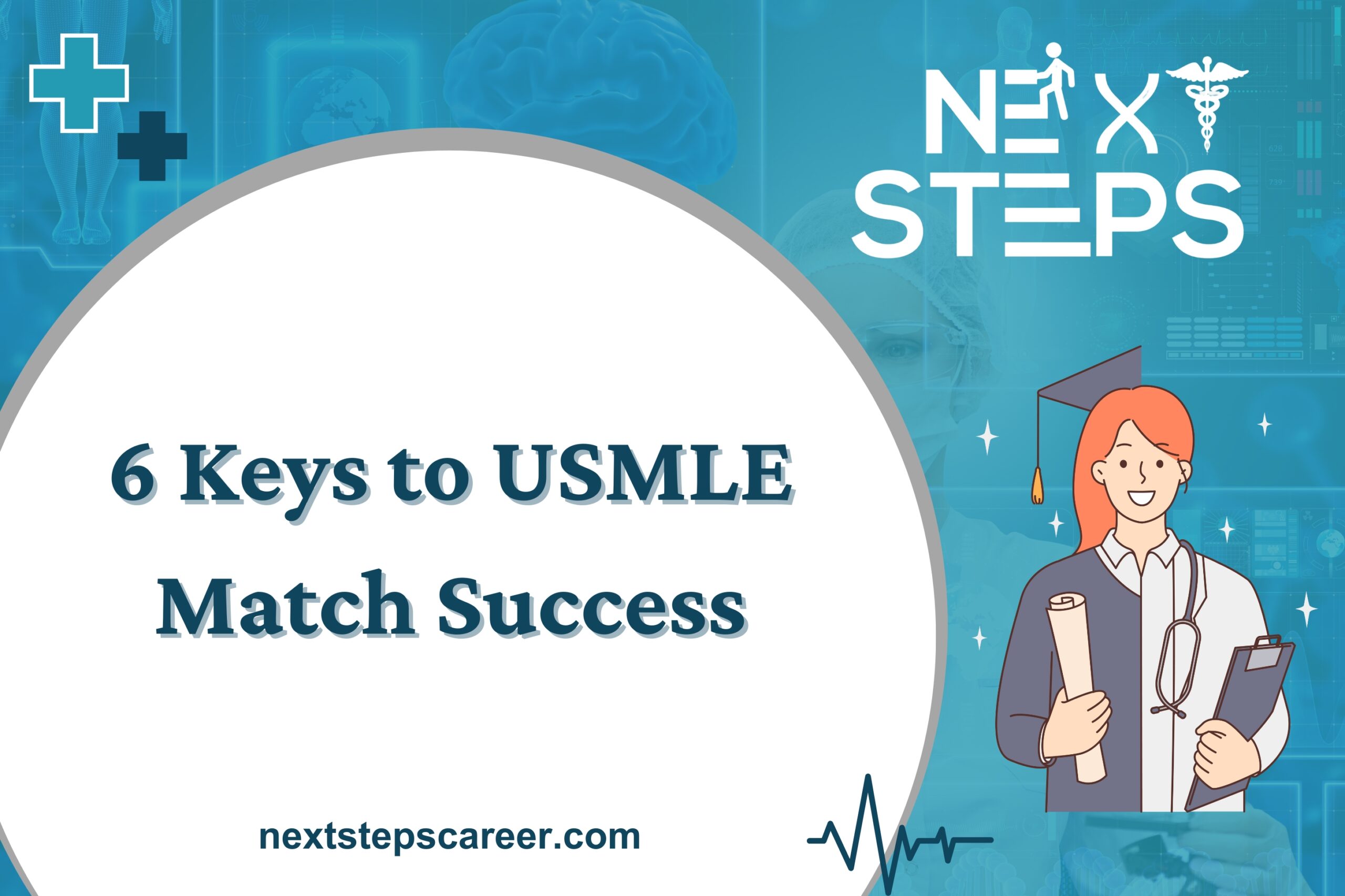6 Key Factors for Success in the
USMLE Match
The USMLE Match is one of the most critical milestones in your medical career, determining where you will complete your residency training. Successfully navigating the USMLE Match requires more than just passing the USMLE exams—it involves a comprehensive approach that highlights your qualifications, personal traits, and experiences.
In this post, we’ll explore six key factors that can significantly improve your chances of success in the Match process, from creating a strong application to acing your interviews.
1. High USMLE Scores
USMLE scores are one of the most critical components of your residency application. Many residency programs use your scores to assess your academic abilities and determine your potential as a resident.
How to Succeed:
-
- Aim for Above-Average Scores: While a passing score is essential, scoring above the program’s average will make you stand out. For competitive specialties like dermatology or orthopedics, a high Step 1 and Step 2 CK score is crucial.
-
- Prepare Strategically: Invest time in high-quality resources like Qbank, First Aid, and Next Steps Mentoring App. Focus not only on learning the material but also on practicing USMLE-style questions to hone your test-taking strategies.
-
- Retakes and Failing Scores: While retakes are possible, they can raise concerns for some programs. It’s critical to ensure your preparation is thorough and your test-taking strategy is sound.
2. Well-Rounded ERAS Application
A well-rounded ERAS application can help present a complete picture of who you are as a candidate, going beyond your exam scores. This includes your personal statement, letters of recommendation, and extracurricular experiences.
Key Elements to Focus On:
-
- Personal Statement: Your personal statement should convey your passion for your chosen specialty, your unique experiences, and your future goals. Avoid generic statements; instead, focus on crafting a story that highlights your personal journey in medicine.
-
- Letters of Recommendation: Strong letters from respected physicians, particularly in your specialty, can carry significant weight. Seek out letters from mentors who can attest to your clinical skills, work ethic, and interpersonal abilities.
-
- Extracurriculars and Research: Residency programs value candidates who are well-rounded. Highlight your volunteer work, leadership roles, and research experiences in your CV.
3. Strong Clinical Experience
Your clinical experience, particularly in your chosen specialty, is another key factor in the USMLE Match process. Residency programs want to know that you have the hands-on skills and clinical knowledge to excel in a fast-paced environment.
How to Maximize Clinical Experience:
-
- Excel in Core Rotations: Make the most of your core rotations, especially in high-yield specialties like internal medicine, surgery, and pediatrics. Residency programs look for strong performance in these areas.
-
- Clinical Electives: Choose electives in your desired specialty to gain more in-depth experience and show your commitment to the field.
-
- Clinical Rotations in the U.S.: For international medical graduates (IMGs), clinical rotations or externships in the U.S. can help familiarize you with the healthcare system and build your network of contacts.
4. Research and Publications
Research experience, especially in your chosen specialty, can significantly boost your application. In competitive specialties, research publications or presentations at medical conferences may even be a key deciding factor.
Steps to Enhance Research Experience:
-
- Participate in Research Early: Start getting involved in research projects as early as possible in medical school. Whether it’s clinical research, case reports, or basic science, showing initiative and contributions can set you apart.
-
- Aim for Publications: Publications in reputable journals will enhance your application, but even if you don’t get published, the experience of presenting at conferences or contributing to research shows your dedication to advancing medical knowledge.
-
- Research Mentorship: Work with mentors who are established in your field of interest. Their guidance can help refine your research skills and provide valuable connections for letters of recommendation.
5. Impressive Interviews
The interview process is a critical opportunity for you to showcase your personality, communication skills, and fit for the program. How you perform in your interview can significantly impact how programs rank you.
Keys to a Strong Interview:
-
- Be Prepared: Research each program thoroughly and be prepared to discuss why you are interested in that specific program and specialty. You should also be ready to talk about your experiences and how they align with the program’s goals.
-
- Practice Common Questions: Practice answering common interview questions, such as “Why did you choose this specialty?” or “Tell me about a challenge you faced during medical school.” Practice mock interviews with mentors, friends, or through professional coaching.
-
- Ask Insightful Questions: When given the chance, ask thoughtful questions about the program’s culture, expectations, and opportunities. This shows that you are genuinely interested in the program and have done your homework.
6. Networking and Building Connections
Building connections within the medical community can significantly influence your chances of success in the USMLE Match. Networking allows you to learn more about programs, get insider advice, and potentially secure strong recommendations.
How to Build Connections:
-
- Attend Conferences: Medical conferences are great opportunities to meet professionals in your chosen specialty and learn more about residency programs.
-
- Leverage Clinical Rotations: During your rotations, especially at U.S. hospitals, take the opportunity to network with attending physicians, residents, and program directors. Forming strong connections can lead to valuable mentorships and recommendation letters.
-
- Use Social Media and Online Platforms: Platforms like LinkedIn or professional groups dedicated to residency applications can help you connect with peers, mentors, and professionals in your field.
Final Thoughts
Success in the USMLE Match doesn’t rely on just one factor—it’s the result of a comprehensive, well-prepared approach. From achieving strong USMLE scores to presenting a well-rounded application and making a lasting impression during interviews, each component plays a vital role in your success.
By focusing on these six key factors, you can significantly improve your chances of matching into your desired residency program. Start early, be strategic in your approach, and remember that the Match process is not just about what you know, but about who you are as a future physician





